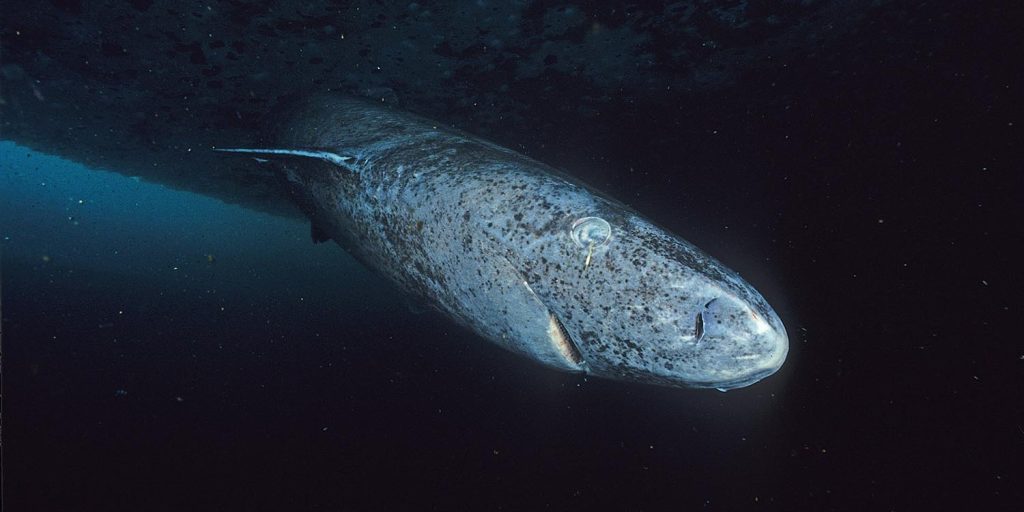Does the Greenland Shark hold the secrets of long life?
Others are reading now
The longevity of Greenland sharks, some of which may have been alive since the 18th century, has intrigued scientists hoping to unlock the secrets of long life.
Ancient Survivors
Greenland sharks are known for their impressive longevity, as they can live for centuries.
In 2016, researchers found that these sharks can survive for at least 272 years, with some potentially reaching up to 400 years.
This remarkable lifespan has made them the subject of intense study, as scientists seek to understand how these sharks age so slowly.
Also read
Theories on Longevity
One theory behind the Greenland sharks’ long life is their slow growth and low metabolic rate.
These sharks, mostly found in the Arctic and North Atlantic oceans, are leisurely swimmers, growing between 8 and 23 feet long and weighing up to 1.5 tons.
According to National Geographic, they feed on a variety of prey, including salmon, eels, seals, and occasionally even polar bears. Despite their large size, they can survive on minimal food intake, as a 2022 study showed.
Metabolism and Aging
Ewan Camplisson, a PhD student at the University of Manchester, has been studying the sharks’ metabolism to uncover clues about their aging process.
Presented at the Society for Experimental Biology Annual Conference, Camplisson’s research suggests that the sharks’ metabolic rate does not slow down with age, which may contribute to their long lifespan.
This is different from most animals, including humans, whose metabolism tends to slow down as they age, often leading to health issues.
Camplisson examined the activity of five metabolic enzymes in preserved Greenland shark muscle tissue and found no variation in enzyme activity in sharks aged between 60 and 200 years. This constancy in metabolic processes might help explain their longevity.
Implications for Human Health
Understanding the anatomy and adaptations of long-lived species like the Greenland shark could potentially lead to advancements in human health and longevity.
While humans are unlikely to reach the age of 400, extending the average human lifespan by even a decade would be a breakthrough.
Camplisson plans to study more enzymes to see how they change as the sharks age further. He believes that Greenland sharks could provide insights into various “hallmarks of aging,” such as genetic errors and protein instability.
This research is still in its early stages, and much work remains before it can be applied to human aging.
Conservation Concerns
Despite their remarkable aging process, Greenland sharks face environmental threats. Their slow adaptation to changes in climate, marine pollution, and other stressors makes them vulnerable. The species is currently considered “Near Threatened” by the World Conservation Union.


